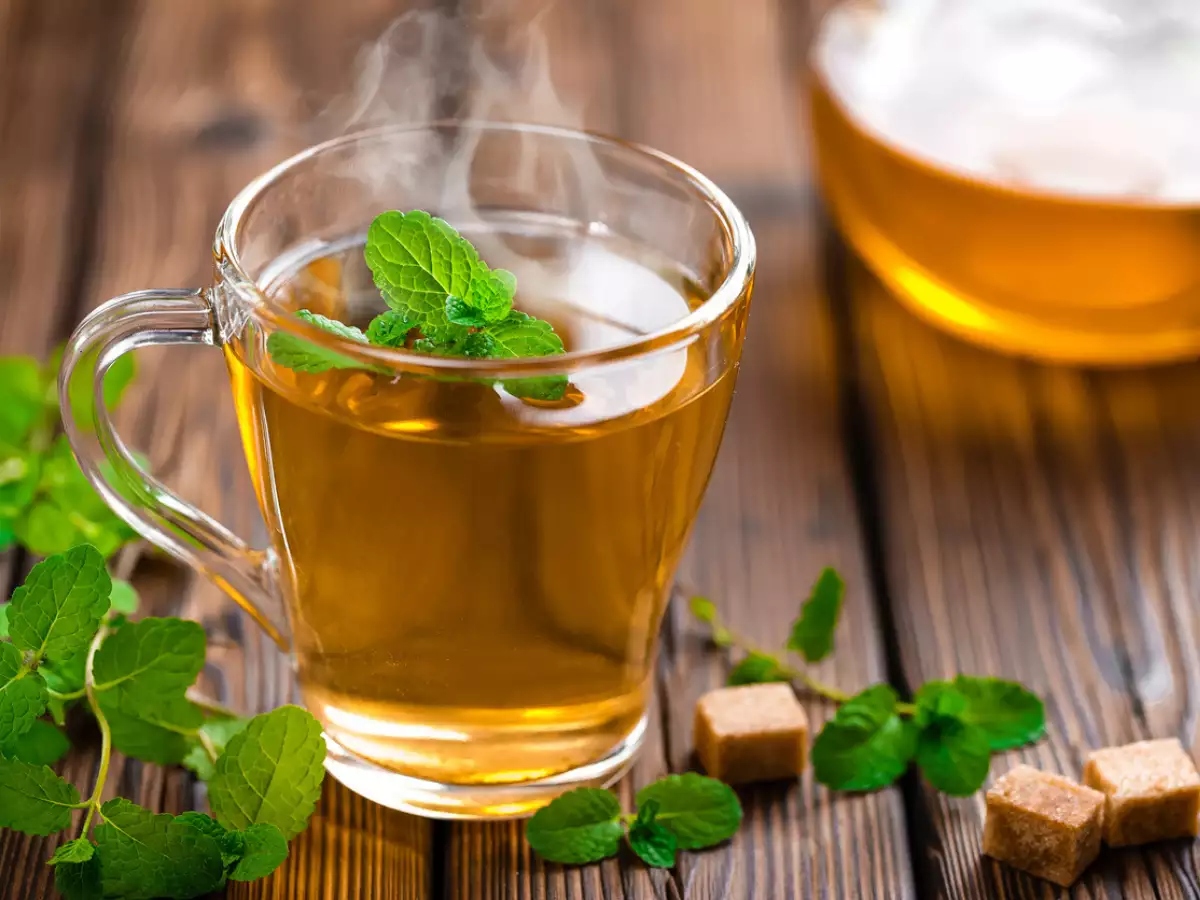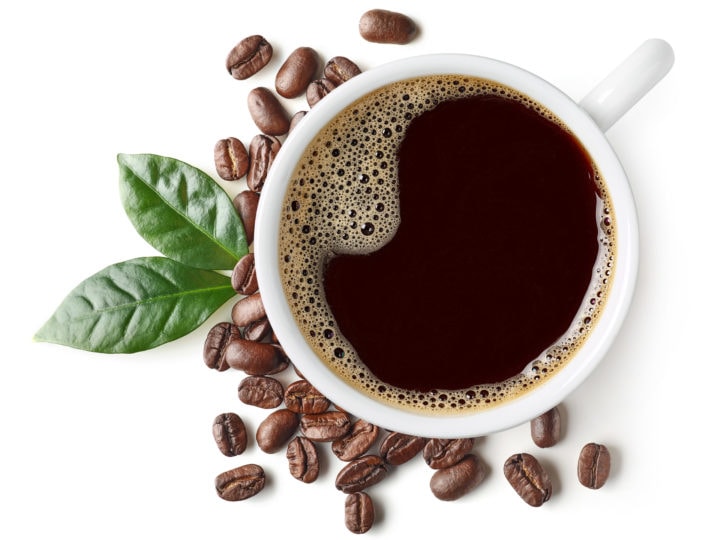Losing weight can be a challenging journey, and many people turn to various methods to aid their efforts. Among these, "weight loss drinks" have gained significant popularity. But do these beverages truly live up to their claims?
Types of Weight Loss Drinks:
-
Water: The most effective and readily available weight-loss drink. Water boosts metabolism, reduces calorie intake, and promotes a feeling of fullness.
-
Green Tea: Contains catechins, antioxidants that may increase fat burning and metabolism.

-
Black Coffee: Similar to green tea, black coffee contains caffeine and chlorogenic acid, which may aid weight loss.

-
Apple Cider Vinegar: Studies suggest it may improve insulin sensitivity and promote satiety.

-
Protein Shakes: Can help build muscle mass and increase metabolism, leading to weight loss.

-
Commercial Weight Loss Drinks: Often contain artificial sweeteners, stimulants, and diuretics, which may have temporary effects but lack long-term benefits.
What Works:
-
Water: Drinking plenty of water throughout the day is crucial for weight loss. It helps flush out toxins, reduces bloating, and keeps you feeling full.
-
Green Tea and Black Coffee: These beverages can provide a slight boost to metabolism and fat burning, especially when combined with a healthy diet and exercise.
-
Apple Cider Vinegar: Limited research suggests it may aid weight loss, but more studies are needed.
-
Protein Shakes: As part of a balanced diet, protein shakes can help build muscle mass, which increases metabolism and burns more calories at rest.
What Doesn't Work:
-
Commercial Weight Loss Drinks: These often rely on diuretics and stimulants for quick results, which are not sustainable and can be harmful. They also lack essential nutrients and may contain artificial sweeteners with potential health risks.
Important Considerations:
-
Weight loss drinks are not a magic solution. They should be used as a supplement to a healthy diet and regular exercise.
-
Focus on whole foods. Prioritize fruits, vegetables, lean protein, and whole grains over processed foods and sugary drinks.
-
Consult a healthcare professional. Discuss any weight loss plans or supplements with your doctor to ensure they are safe and appropriate for you.
-
Be patient and consistent. Weight loss takes time and effort. Focus on making sustainable changes to your lifestyle rather than quick fixes.
Conclusion:
While some weight loss drinks may offer minor benefits, they should not be seen as a replacement for a healthy lifestyle. Drinking plenty of water, incorporating green tea or black coffee, and using protein shakes strategically can be helpful additions to your weight loss journey. However, prioritize a balanced diet, regular exercise, and consult your doctor for personalized guidance. Remember, sustainable weight loss requires a holistic approach that focuses on overall well-being.



